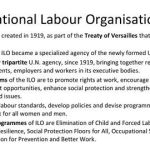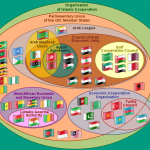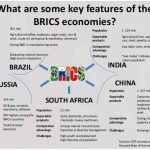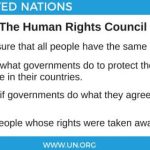
• The World Intellectual Property Organisation (WIPO) is one of the United Nations’ oldest specialised bodies.
• WIPO was formed in 1967 “to encourage creative activity and to promote the protection of intellectual property around the world.”
• WIPO is in charge of 26 foreign agreements right now.
The main office is in Geneva, Switzerland.
• Every year, on April 26, people celebrate World Intellectual Property Day.
Table of Contents
Membership in the WIPO
• Currently, 193 countries are members of WIPO.
• All UN members have the right, but not the obligation, to join specialised bodies like WIPO.
• WIPO is made up of 190 UN member states, as well as the Cook Islands, the Holy See, and Niue.
• Palestine has permanent spectator status.
• In addition to the 281 non-governmental organisations (NGOs) and 47 intergovernmental organisations (IGOs), 17 organisations from the UN system and 10 IP organisations are allowed to attend WIPO meetings as official observers.
• In 1975, India joined WIPO.
Functions
• Policy forum to make sure that foreign IP rules are fair in a world that is changing.
• Global services to protect intellectual property across countries and settle disagreements.
• The technical means to connect IP systems and share knowledge.
• Cooperation and capacity-building programmes to help all countries use intellectual property (IP) for economic, social, and cultural growth.
• A global source of information about IP.
WIPO’s Limitations and Exceptions
• Copyright laws restrict economic rights in order to keep a good balance between the interests of the people who own the rights and the people who use protected works.
• In these situations, protected works can be used without the rightholder’s permission and with or without repayment.
• Limitations and exclusions are on the WIPO’s list of things to talk about.
• Most of the discussion about exceptions and limits has been about three groups of people or activities: educational activities, libraries and archives, and disabled people, especially those who are blind.
What other WIPO-administered International Treaties and Conventions are there to which India is a Member?
• Paris Convention for the Protection of Industrial Property
• Convention Creating the World Intellectual Property Organisation
• Berne Convention for the Protection of Literary and Artistic Works
• Patent Cooperation Treaty
• Washington Treaty on Intellectual Property in Regard to Integrated Circuits
• Nairobi Treaty on the Protection of the Olympic Symbol WIPO and India
WIPO and India
• In 1975, India joined the WIPO.
• The following WIPO Treaties are signed by India:
IPO Convention (1975), Paris Convention (1998), Berne Convention (1928), Patent Cooperation Treaty (1998), Phonograms Convention (1975), and Nairobi Treaty (1983).
Nice Agreement (2019) Locarno Agreement (2019) Vienna Agreement (2019)
All of the above deals were signed by India. The first country to sign the Marrakesh Treaty was India.
What are some of its works?
• The Global Innovation Index is a yearly list of countries based on their ability to innovate and how well they do at it.
It’s put out with the help of Cornell University and INSEAD.
In the last few years, India has moved up in the Global Innovation Index (GII). India is placed 40th out of 132 in the GII for 2022, which is a big jump from years past.
o India is the most creative country in Southern and Central Asia. This has been true since 2011.
o For eight years in a row, India has done better in terms of innovation than its GDP per person.
India is the second-best middle-income country in the world when it comes to the quality of its innovations.
Since 2009, the Confederation of Indian Industry has been a GII Knowledge Partner.
o In India, WIPO and other issues connected to it are taken care of by the Ministry of Commerce and Industry.

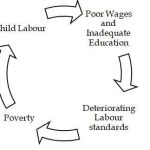



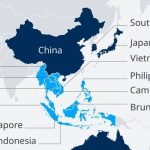

![UPSC CSE Topper Mains Answer [Gaurav Agarwal] word-image-10753-1](https://iasbio.com/wp-content/uploads/2023/06/word-image-10753-1-150x150.png)



